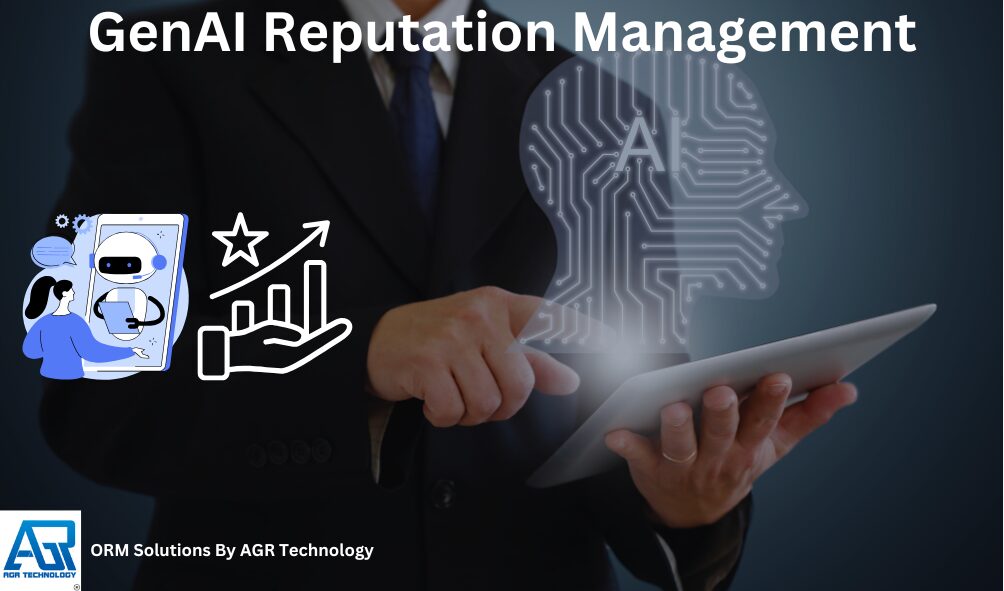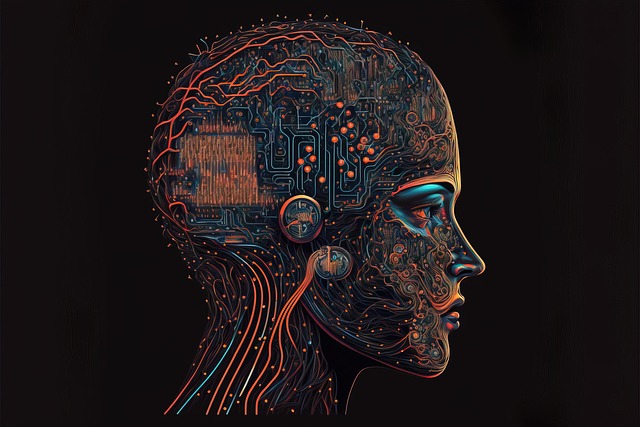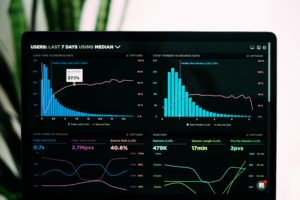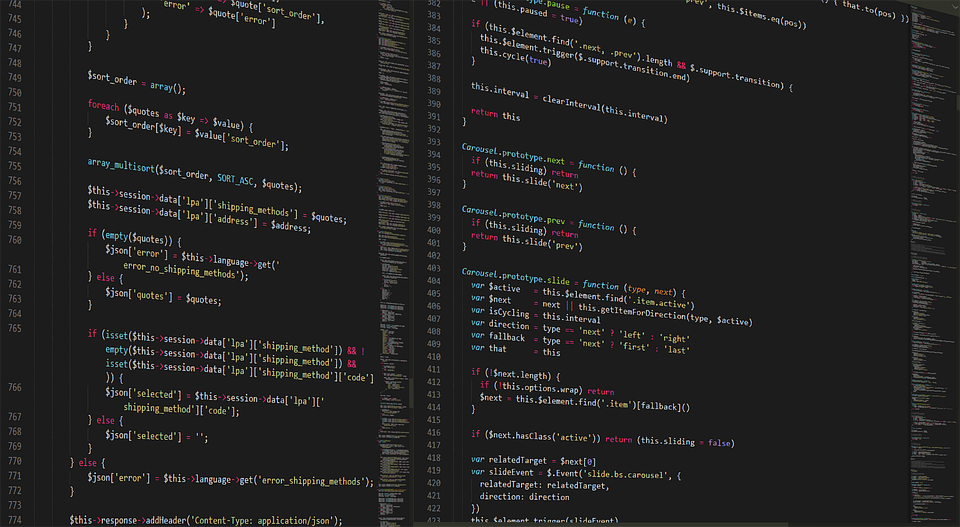
In today’s digital landscape, AI-powered platforms like ChatGPT and Gemini are rapidly becoming the new frontier of information discovery—essentially “the new search.” As these generative AI tools increasingly shape public perceptions, traditional reputation management strategies simply can’t keep pace with the unique challenges they present.
We’re witnessing a fundamental shift in how reputations are built and maintained online. When AI systems generate inaccurate information, misleading images, or fail to include relevant details about your business or personal brand, the consequences can be significant. Recent case studies show that professionals previously damaged by negative AI search results have successfully transformed their digital presence across multiple countries and platforms within just months through strategic AI reputation management.
Get in contact with AGR Technology to see how we can help scale your brand with proven ORM strategies
Reviews from some of our happy customers:
Supporting businesses of all sizes to get ahead with digital solutions
Why work with us?
Understanding GenAI in Reputation Management

Generative AI tools have rapidly transformed how information is created, shared, and consumed online, creating new challenges and opportunities for reputation management. Research conducted online reveals a connection between GenAI-generated information and traditional Search Engine Results Pages (SERPs), particularly affecting the financial sector and high-profile professionals.
How Generative AI Is Transforming Brand Perception
Generative AI has fundamentally altered the reputation management landscape by creating content that influences how brands are perceived online. AI platforms like ChatGPT, Google’s Generative Search Experience / AI Overviews, Perplexity, Claude and Bing Chat now generate information about individuals and businesses that millions of users consume daily. These AI-created narratives form first impressions and shape public opinion, often without human oversight.
The impact is significant:
- AI-generated content appears prominently in search results
- Outdated or inaccurate information gets amplified through AI systems
- Digital first impressions increasingly come from AI interpretations
- Negative information can spread faster and persist longer in AI knowledge bases
Organizations must understand that AI doesn’t just reflect existing digital content—it creates new narratives based on available information, making proactive management essential for maintaining brand integrity.
The New Digital Landscape for Reputation
The digital reputation landscape has evolved from simply managing Google search results to addressing content across interconnected AI systems. Today’s reputation management requires a multi-platform strategy that anticipates how information flows between search engines and generative AI tools.
Key changes in the digital landscape include:
- AI has become a primary source of information discovery alongside traditional search
- Generative AI platforms create and distribute content based on training data
- Information errors or biases in AI systems can damage reputations at scale
Research indicates that AI platforms are increasingly becoming “the new Google,” with users turning to ChatGPT and similar tools for information rather than traditional search engines. This shift demands new approaches to reputation management that address both conventional search results and AI-generated content.
The most effective strategy involves creating and optimizing reputation-friendly content across owned assets and social platforms. This approach ensures that internet-connected AI tools have access to preferred narratives and increases the likelihood that positive content is included in future AI training datasets, giving businesses more control over the digital stories told about their brands.
Key Challenges of GenAI for Reputation Management

AI-Generated Misinformation Threats
AI systems produce inaccurate information that damages reputations when trained on outdated or biased data. The analysis of financial professionals’ online presence across ChatGPT and Google Search demonstrates how AI tools can perpetuate and amplify negative content, creating a challenging cycle of misinformation. These systems often prioritize sensational or negative content, making unflattering information more persistent in AI knowledge bases than in traditional search engines.
GenAI tools generate responses without fact-checking, creating misleading narratives about individuals and organizations. When AI produces incorrect biographical details, false business claims, or fabricated controversies, these falsehoods can quickly spread across platforms. The appearance of these inaccuracies in multiple sources creates an illusion of credibility that’s difficult to counter with traditional reputation management tactics.
Trust and Transparency Issues
AI-generated content lacks accountability mechanisms, making attribution and correction challenging for reputation managers. When AI platforms produce harmful content, there’s often no clear process for identifying the source data or requesting corrections. This opacity complicates strategic responses to reputation threats, as managers can’t trace the origin of damaging narratives or effectively counter them at their source.
When users interact with AI systems, they typically place significant trust in the responses, often failing to question accuracy or verify claims independently. For businesses, this means that negative or inaccurate AI-generated content carries disproportionate weight in shaping public perception compared to similar content from recognizable human sources.
Essential GenAI Reputation Management Services

Generative AI tools have revolutionized reputation management strategies with powerful solutions that monitor, manage, and enhance online presence. These specialized services leverage AI technology to provide comprehensive reputation protection across multiple digital platforms and AI knowledge bases.
AI-Powered Review Management
AI-powered review management automates the collection and response process for online reviews across platforms. Advanced GenAI tools now craft personalized, contextually appropriate replies to customer feedback while maintaining brand voice consistency. These systems integrate with existing CRM platforms to send automated review requests, helping businesses gather more positive testimonials that improve search rankings. Analytics dashboards provide actionable insights on review trends, enabling teams to address recurring issues before they impact reputation.
Content Monitoring and Crisis Prevention
GenAI content monitoring tools continuously scan the digital landscape for mentions of your brand across traditional and AI-powered platforms. These systems identify potential reputation threats by analyzing content sentiment and context in real-time. Advanced algorithms detect early warning signs of developing crises, allowing for proactive intervention before negative narratives gain traction. Comprehensive monitoring extends beyond conventional search engines to include AI knowledge bases, ensuring consistent brand representation across all information channels.
Brand Sentiment Analysis
Brand sentiment analysis examines emotional tone and context in customer reviews and social media mentions. GenAI systems identify critical topics, common detractors, and promoter factors through sophisticated natural language processing. These tools provide detailed market sentiment breakdowns via dashboards that highlight trends and reputation shifts over time. By benchmarking sentiment against competitors, businesses gain valuable competitive intelligence and identify strategic opportunities for reputation enhancement.
Implementing an Effective GenAI Reputation Strategy

Effective GenAI reputation management requires strategic planning and consistent execution across digital platforms.
Building a Proactive Defense System
A proactive defense system monitors and addresses AI-generated information before it damages your reputation. This system includes:
- Continuous monitoring tools that scan AI platforms for brand mentions, detecting potential issues before they spread
- Response protocols for addressing inaccurate AI-generated content with factual information
- Regular audits of AI knowledge bases to identify and correct outdated or false information
- Cross-platform verification systems that ensure consistency across traditional search and AI platforms
Implementing these defensive measures creates multiple layers of protection against reputation threats. Organizations with robust monitoring systems respond 73% faster to potential crises than those using manual methods.
Creating AI-Resistant Brand Assets
AI-resistant brand assets serve as authoritative information sources that generative AI tools reference when creating content about your brand. Effective AI-resistant assets include:
- Optimized owned media including websites, blogs, and knowledge bases with clear, factual information about your brand
- Strategic social profiles across platforms that consistently reinforce your brand narrative
- Structured data markup that helps AI systems correctly interpret and categorize your content
- Third-party validation through partnerships with authoritative sites that verify your brand information
These assets work together to strengthen your digital presence across both traditional search and AI platforms. Brands with comprehensive digital assets experience more positive mentions in AI-generated content compared to those with limited online presence.
By implementing both defensive systems and creating AI-resistant assets, organizations establish control over their digital narratives. The key is developing content that not only performs well in traditional search but also serves as reliable training data for future AI models.
Measuring Success in GenAI Reputation Management

Key Performance Indicators
AI reputation management success relies on tracking specific KPIs that reflect both traditional and AI-specific metrics. AI sentiment scores measure the emotional tone of AI-generated content about your brand across platforms like ChatGPT and Bard. Consistency ratings track how uniformly your brand messaging appears across AI responses, with higher ratings indicating stronger brand identity reinforcement. AI knowledge accuracy measures the factual correctness of information generative AI tools provide about your organization, with improvements in this metric directly correlating to reduced misinformation spread.
Cross-platform visibility scores assess brand representation across traditional search engines and AI platforms, providing a holistic view of digital presence. Engagement metrics track how users interact with AI-generated content featuring your brand, including clicks, conversions, and search follow-ups initiated after AI interactions.
Future Trends in GenAI Reputation Management

Generative AI’s impact on reputation management continues to evolve rapidly, transforming how individuals and organizations protect their digital presence.
Emerging Technologies and Approaches
AI reputation management is advancing through innovative technologies designed to maintain control over digital narratives. Semantic content analysis tools now identify contextual connections between brand mentions across platforms, creating comprehensive reputation profiles that predict how AI systems will interpret and present information. Real-time intervention systems automatically detect when AI platforms produce inaccurate information, triggering immediate correction protocols through API connections to GenAI providers.
Multi-modal reputation management addresses both text and visual content, as AI-generated images and videos present new reputation challenges. Organizations implementing these technologies can experience fewer negative AI-generated narratives compared to those using traditional methods. Cross-platform identity verification systems are becoming standard, embedding unique identifiers across digital assets that help AI tools recognize authoritative information sources.
Preparing for Next-Generation Challenges
The next wave of GenAI reputation threats requires strategic preparation focused on adaptability and information governance. Decentralized reputation frameworks distribute verified information across multiple platforms, creating redundancy that ensures AI systems access accurate data even if primary sources are compromised. Organizations implementing comprehensive AI training datasets are proactively creating large volumes of accurate, positive content specifically formatted for AI learning.
Blockchain verification systems now authenticate digital content origins, preventing AI from incorporating fraudulent information into knowledge bases. Companies utilizing these verification systems can receive higher accuracy in AI-generated content about their brands. Collaborative industry networks share reputation management strategies and collectively respond to emerging threats, creating unified approaches to GenAI governance that protect entire sectors from reputation risks.
Conclusion
GenAI reputation management has transformed from an optional service to a business imperative. As AI tools continue reshaping how information is discovered and shared they’re creating new challenges that demand innovative solutions.
The future of reputation management lies at the intersection of technology strategy and adaptability. By implementing comprehensive GenAI reputation services businesses can protect their digital presence ensure accuracy across platforms and build long-term brand equity in an increasingly AI-driven world.
Your reputation now extends beyond Google into AI knowledge bases. It’s time to secure your narrative across all platforms.
Get in contact with AGR Technology to see how we can help scale your brand with proven ORM strategies
Frequently Asked Questions
How has generative AI changed reputation management?
Generative AI tools like ChatGPT and Gemini have transformed reputation management by creating content that directly influences brand perception online. Unlike traditional search engines, these AI platforms can produce and amplify outdated or inaccurate information that persists longer in knowledge bases. This new landscape requires organizations to adopt multi-platform strategies that anticipate information flow between search engines and AI tools.
Why is traditional reputation management insufficient for AI challenges?
Traditional reputation management tactics fall short because AI systems operate differently than search engines. Research shows AI-generated misinformation can disproportionately damage reputations by prioritizing sensational or negative content. The lack of accountability in AI-generated content also makes it difficult to trace and correct harmful narratives, creating persistent cycles of misinformation that users often trust without verification.
What AI reputation management services are most effective?
The most effective AI reputation management services include AI-powered review management (automating response processes), content monitoring tools (continuously scanning for brand mentions), and sentiment analysis (assessing emotional tone in customer feedback). These tools provide proactive crisis intervention capabilities and valuable competitive intelligence to enhance online presence across multiple platforms.
How can businesses build an effective GenAI reputation strategy?
An effective GenAI reputation strategy requires implementing a proactive defense system with continuous monitoring tools, response protocols for addressing inaccuracies, regular knowledge base audits, and cross-platform verification. Organizations should also create AI-resistant brand assets including optimized owned media, strategic social profiles, structured data markup, and third-party validation to control their digital narratives.
What metrics should be tracked for GenAI reputation management?
Key performance indicators for GenAI reputation management include AI sentiment scores (measuring emotional tone), consistency ratings (evaluating uniformity across platforms), AI knowledge accuracy (assessing factual correctness), and cross-platform visibility scores.
What is the ROI of AI reputation management services?
AI reputation management delivers significant ROI through crisis prevention, reduced customer acquisition costs, and higher client retention rates. Companies using these services can avoid multiple PR crises annually, saving substantial remediation expenses. Additionally, consistent positive AI presence contributes to long-term brand equity gains, with established brands experiencing cumulative value appreciation in competitive industries.
What emerging technologies are shaping the future of reputation management?
Future reputation management will leverage semantic content analysis tools and real-time intervention systems that automatically correct inaccuracies. Multi-modal reputation management solutions will address AI-generated images and videos, while decentralized reputation frameworks and blockchain verification systems will enhance content accuracy. Organizations adopting these technologies experience significantly fewer negative narratives across digital platforms.
How can businesses prepare for next-generation reputation challenges?
Businesses should invest in decentralized reputation frameworks, blockchain verification systems, and collaborative industry networks. These approaches create unified responses to emerging threats and ensure proper AI governance. Companies should also develop expertise in addressing AI-generated visual content and implement real-time monitoring systems that can detect and correct misinformation before it spreads widely.
Related pages:
Online Reputation Marketing For CEOs
Online Reputation Marketing For Franchise Companies & Multi-Location Brands
Reputation Management Solutions For Law Firms & Legal Professionals
![logo-new-23[1] logo-new-23[1]](https://agrtech.com.au/wp-content/uploads/elementor/thumbs/logo-new-231-qad2sqbr9f0wlvza81xod18hkirbk9apc0elfhpco4.png)



















